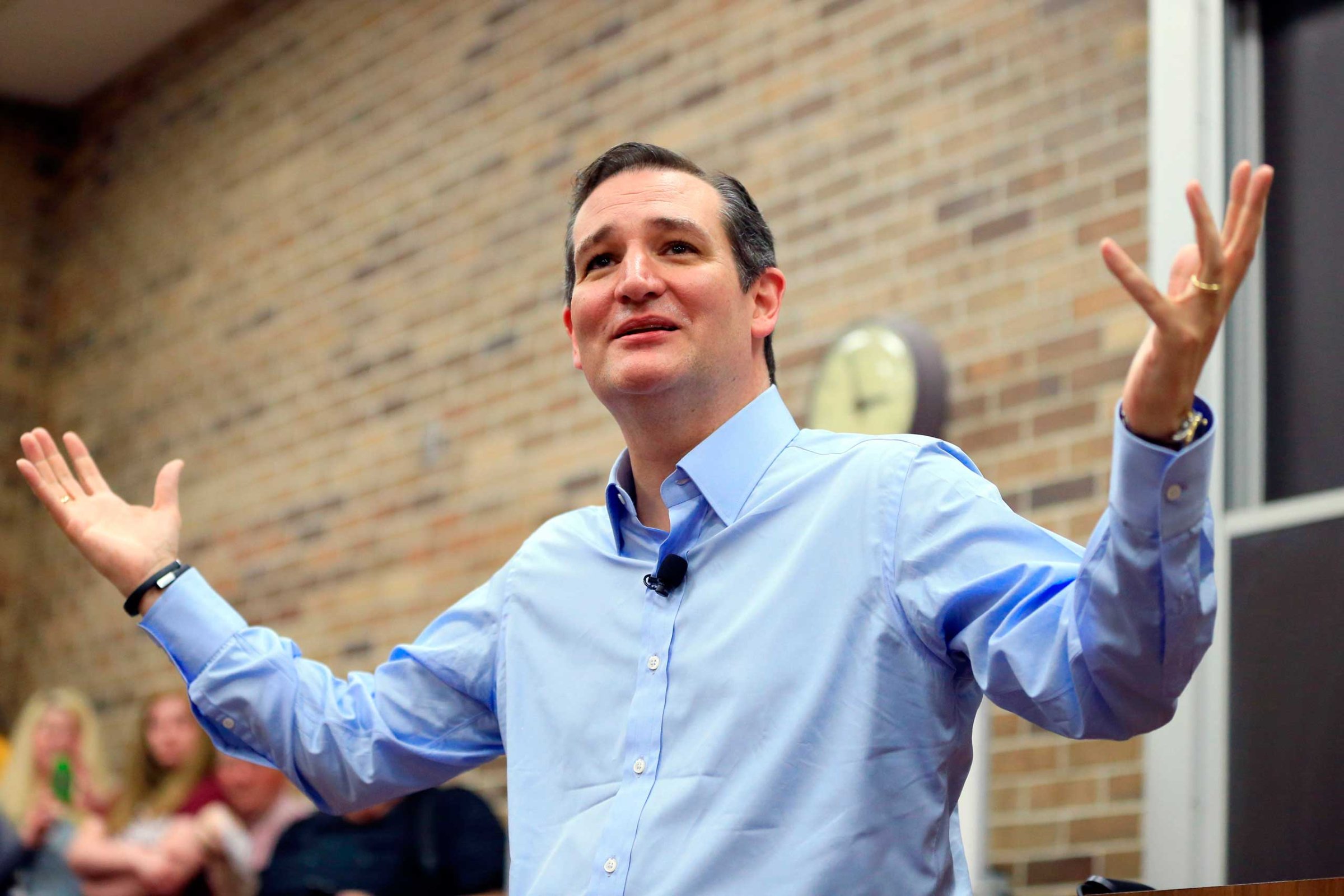
Correction appended: April 29, 2015
This is a short parable about the polarized state of American politics.
A Republican candidate holds a dinner one Monday evening at the home of two gay businessmen. It is an unusual pairing: the businessmen are prominent gay-rights activists, while the politician is a prominent opponent of same-sex marriage. But they have similar views on Israel and decide that’s enough to set aside those differences.
By Thursday, the politician, under pressure from supporters, releases a defensive statement. His spokesman says the venue was an error.
By Sunday both businessmen, facing boycotts and vitriol from their allies, post apologies on Facebook, calling the event “a terrible mistake.”
The politician is Ted Cruz, the Texas Senator seeking the Republican presidential nomination in 2016. The businessmen are Mati Weiderpass and Ian Reisner, New York hoteliers who own properties in Manhattan and off Long Island that are geared toward gay guests. The swift backlash from their shared dinner says as much as any tale about our factionalized politics, in which anyone who appears to stray from tribal alliances faces the prospect of excommunication.
In some ways, the most surprising aspect of the summit was that either party was surprised by the blowback. Both sides cast a classic political transaction — the exchange of money for proximity to power — as a function of mutual support for Israel. “It was all things Israel,” Cruz spokesman Rick Tyler told the Washington Examiner. “They were in a discussion about something they all agreed about.”
But Cruz’s path to the presidency runs through Iowa, where evangelical activists who oppose gay marriage dominate the state’s first-in-the-nation caucuses. An ardent social conservative, Cruz is seeking a constitutional amendment that would protect the right of states to define marriage as an institution between one man and one woman.
A New York Times report that Cruz took a conciliatory tone on marriage during the dinner appeared to jeopardize his outreach to social conservatives. It didn’t help that the dinner was held in a swank duplex abutting Central Park, where a 23-year-old gay man was found dead in a bathtub in an apparent drug overdose last fall, according to police sources.
Cruz released a statement to reporters decrying the flap as a media witch hunt. “When asked, I stated directly and unambiguously what everyone in the room already knew, that I oppose gay marriage and I support traditional marriage,” he said. “One person further asked how [Cruz’s wife] Heidi and I would react if we found out one of our (4- and 7-year-old) daughters were gay. My reply: ‘We would love her with all our hearts. We love our daughters unconditionally.’
“A conservative Republican who is willing to meet with individuals who do not agree on marriage and who loves his daughters unconditionally may not reflect the caricature of conservatives promoted by the left, but it’s hardly newsworthy,” he added.
If Cruz opted for damage control through defiance, Reisner and Weiderpass were more chastened. Gay rights activists, who argue opposition to same-sex marriage is intolerance, were furious with the hoteliers’ decision to host Cruz. Over several days last week, the two were hit with the threat of business boycotts, canceled events and a protest rally. On Sunday, they took to Facebook to issue separate apologies.
“I am shaken to my bones by the e-mails, texts, postings and phone calls of the past few days,” Reisner wrote. “I was ignorant, naive and much too quick in accepting a request to co-host a dinner with Cruz at my home without taking the time to completely understand all of his positions on gay rights.”
“I share in Ian’s remorse. I, too, lay humbled with what has happened in the last week,” Weiderpass wrote in a separate post. “I made a terrible mistake. Unfortunately, I cannot undo this. You taught me a painful but important lesson.”
The post doesn’t specify what lesson he learned. But the larger moral of the parable seems clear: in American politics today, what keeps us apart matters more than what brings us together.
Correction: The original version of this story mischaracterized the event attended by Ted Cruz on April 20 in New York City. It was a dinner.
See the 2016 Candidates Looking Very Presidential
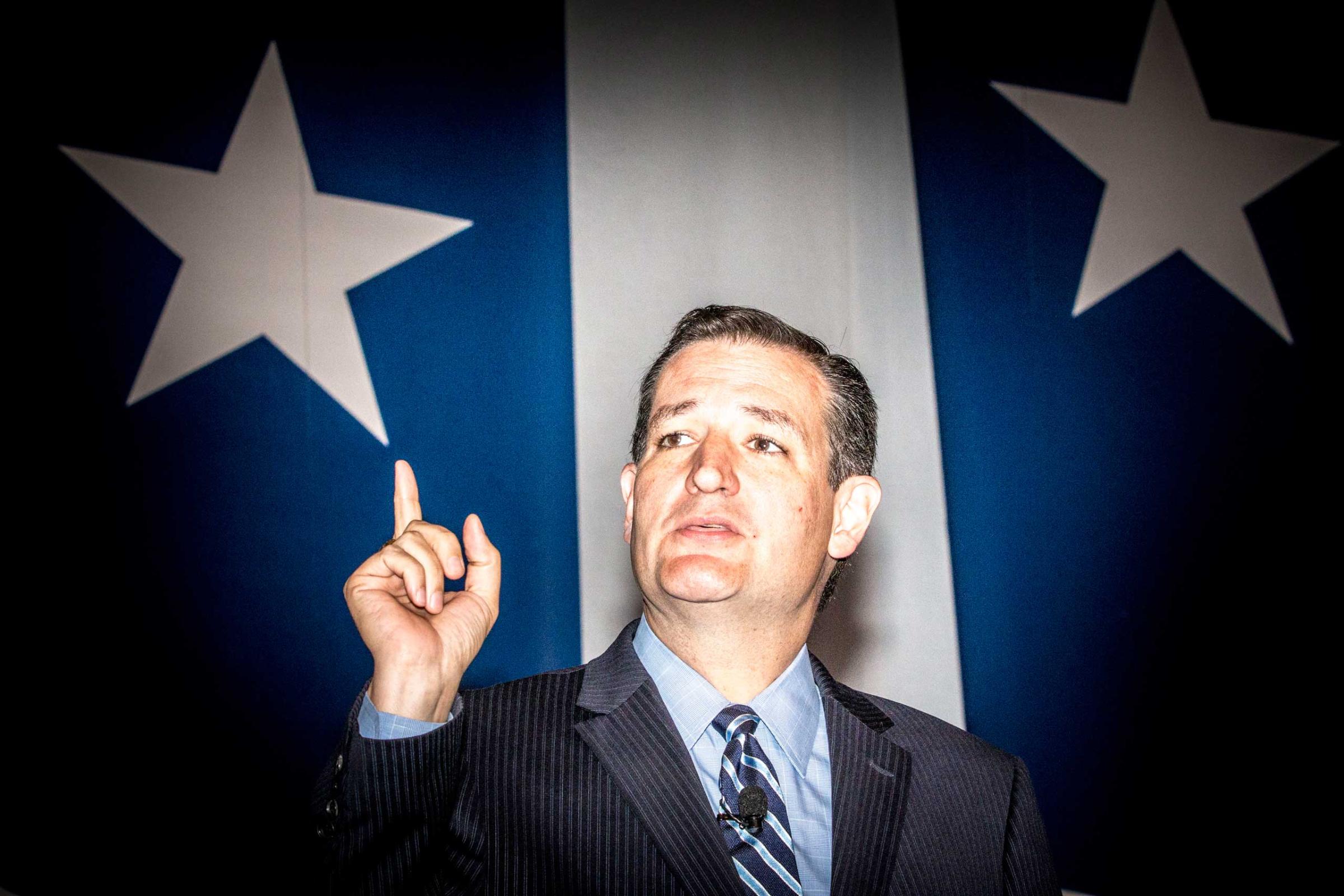
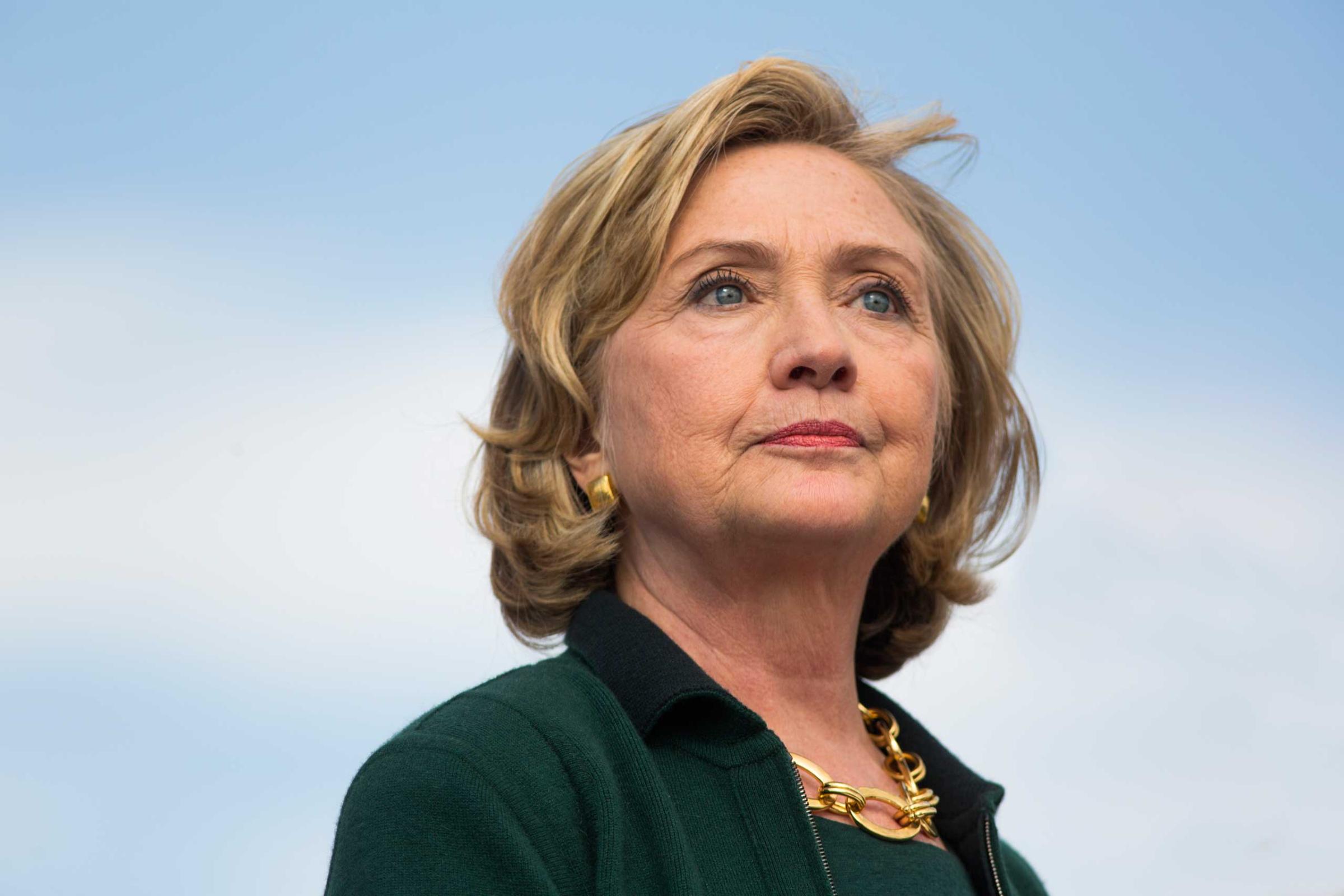
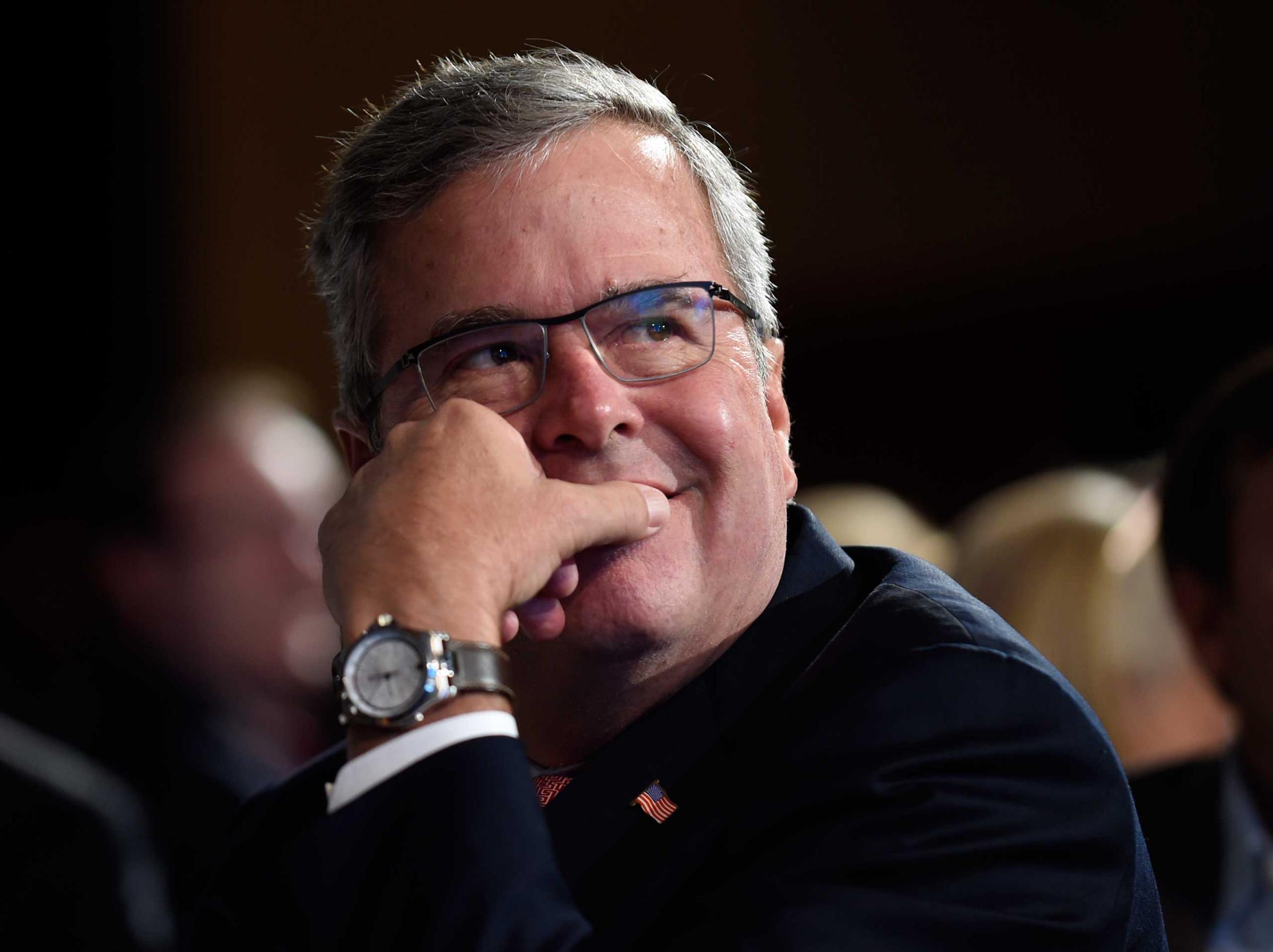
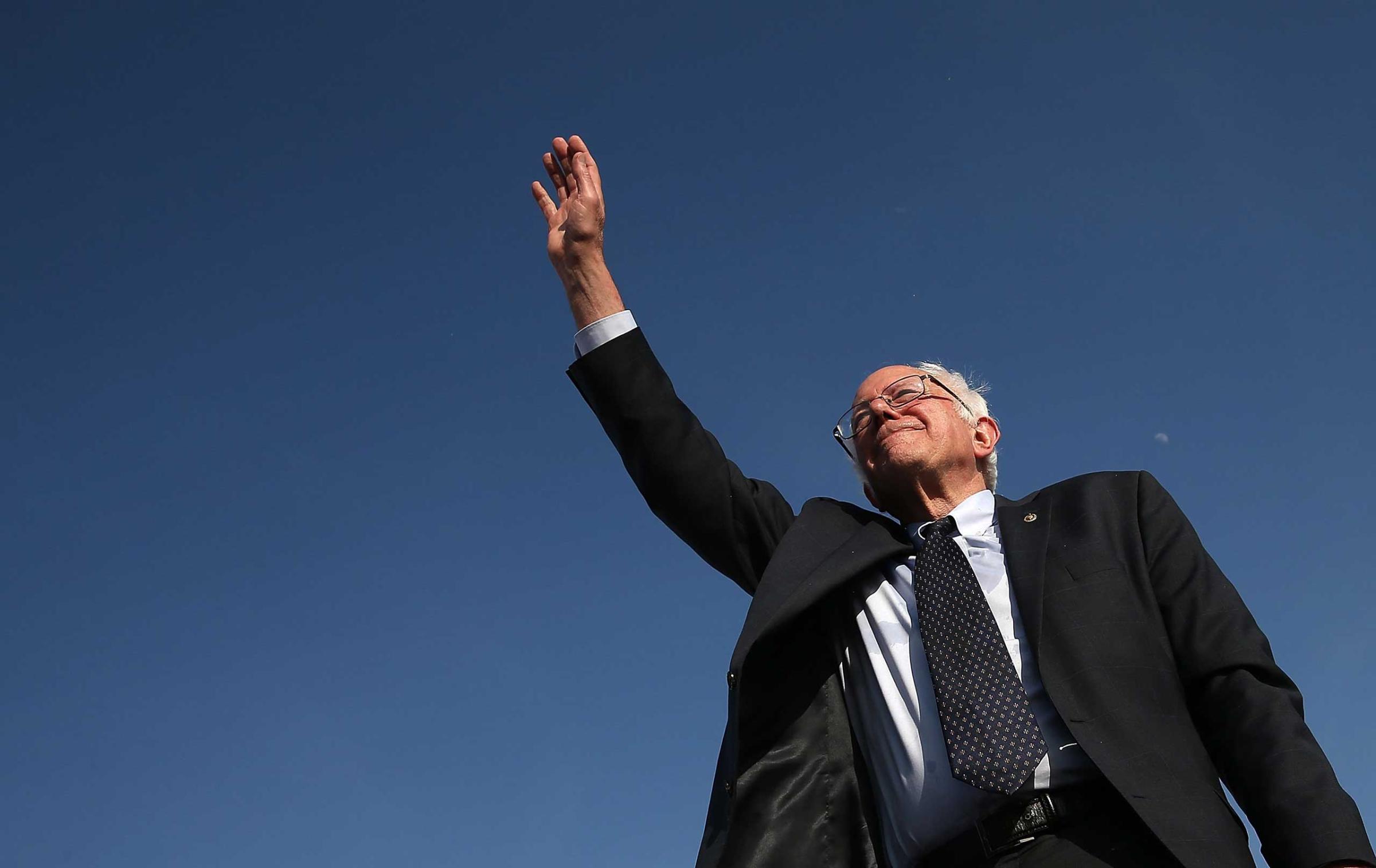
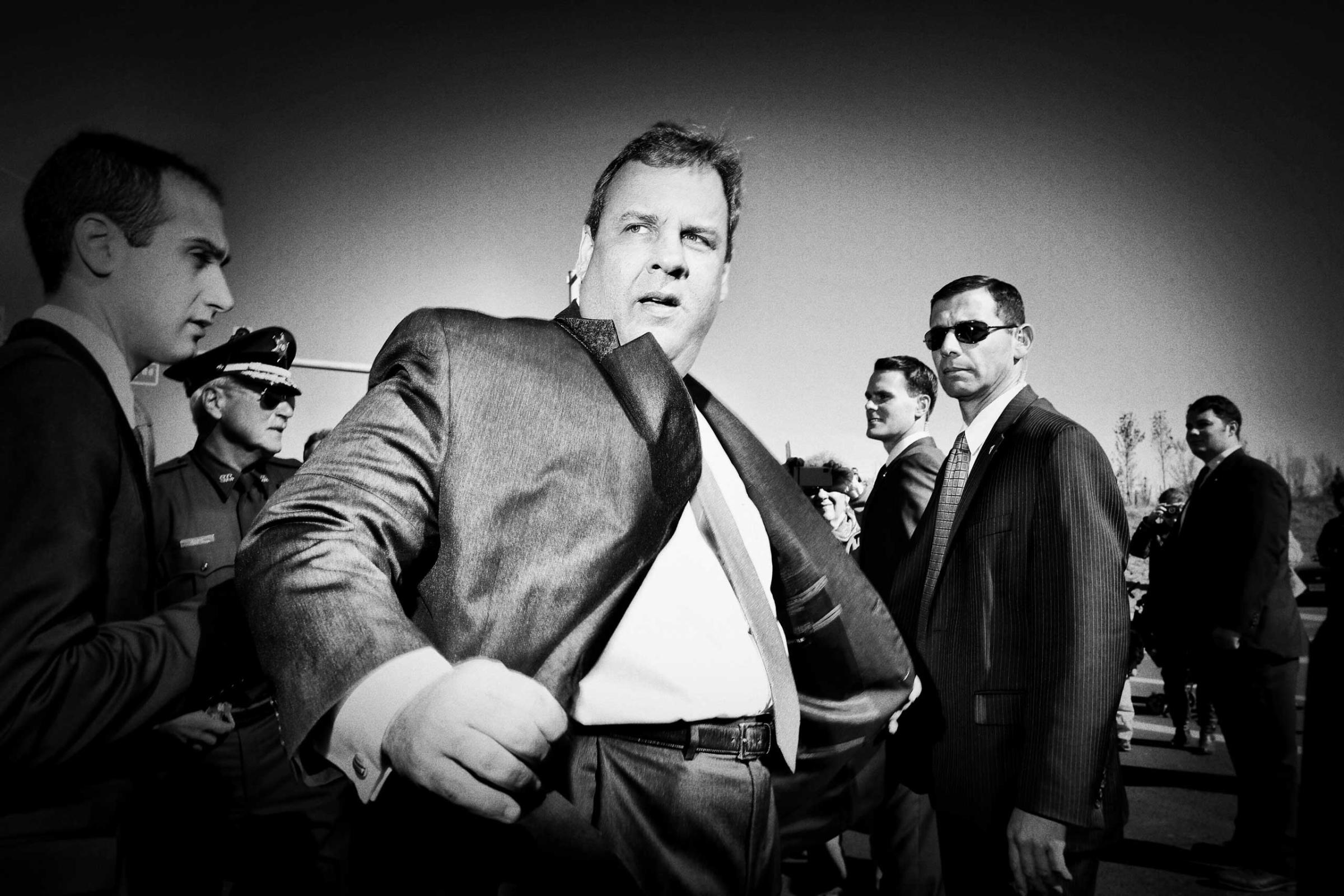
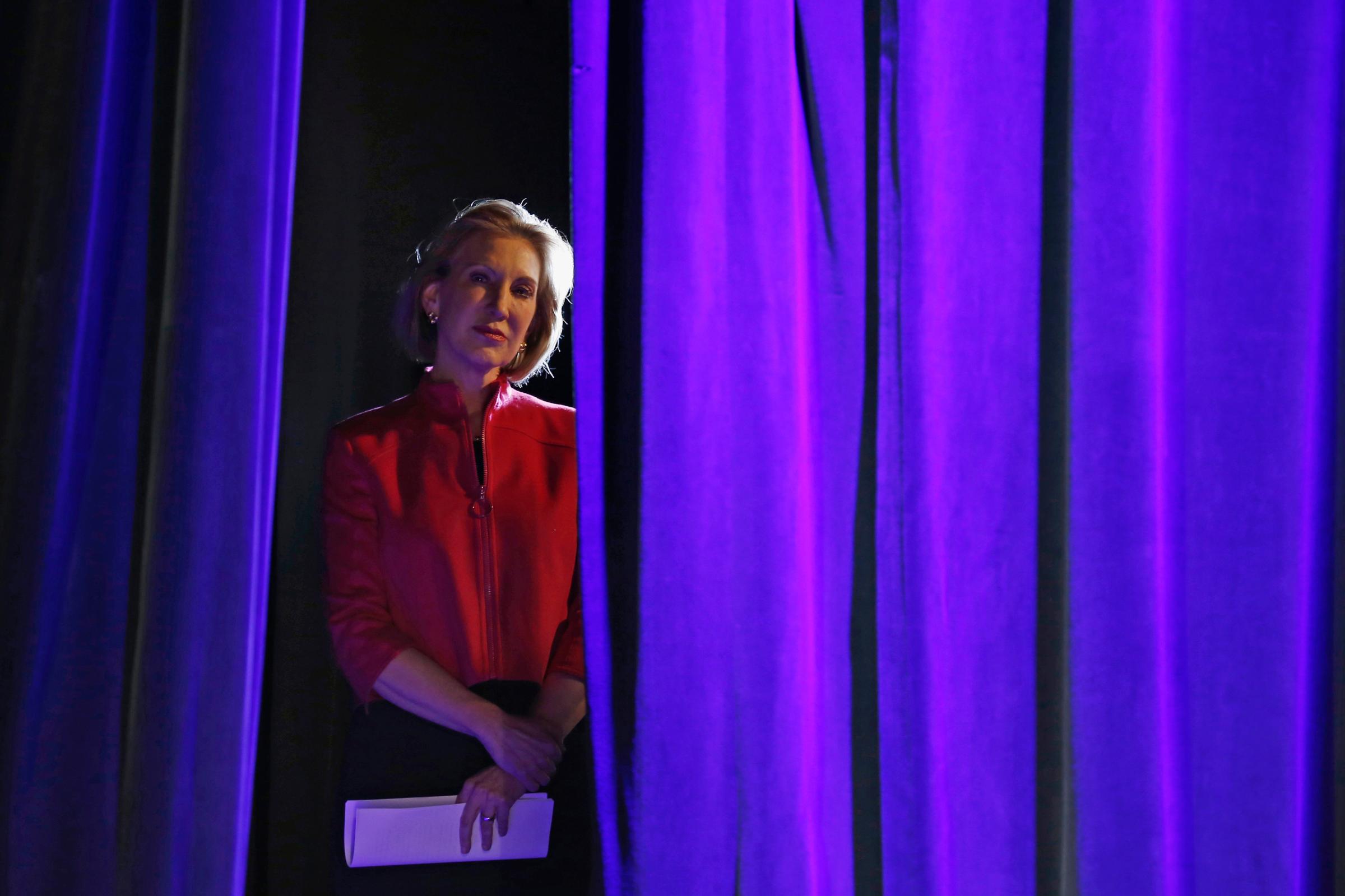
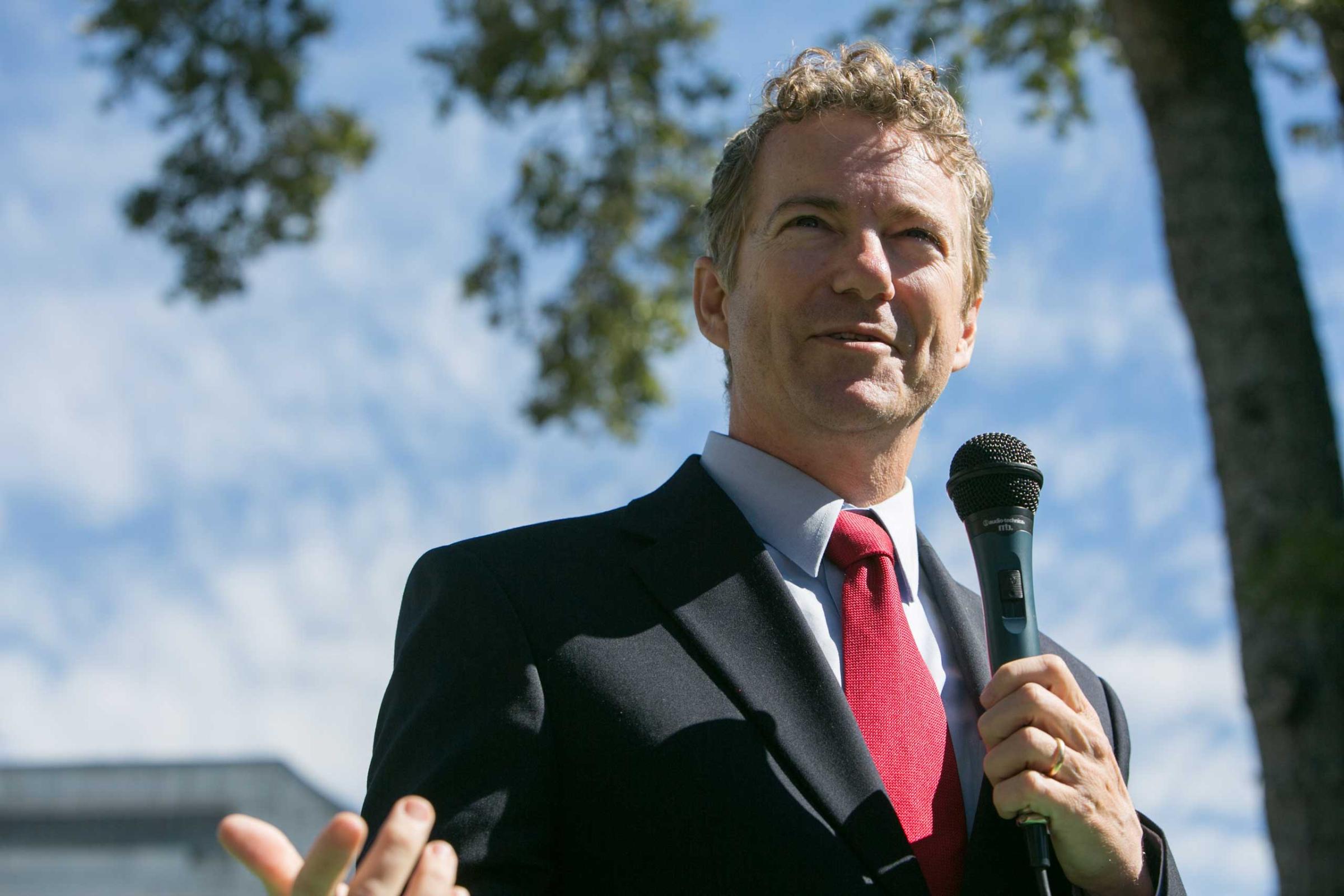
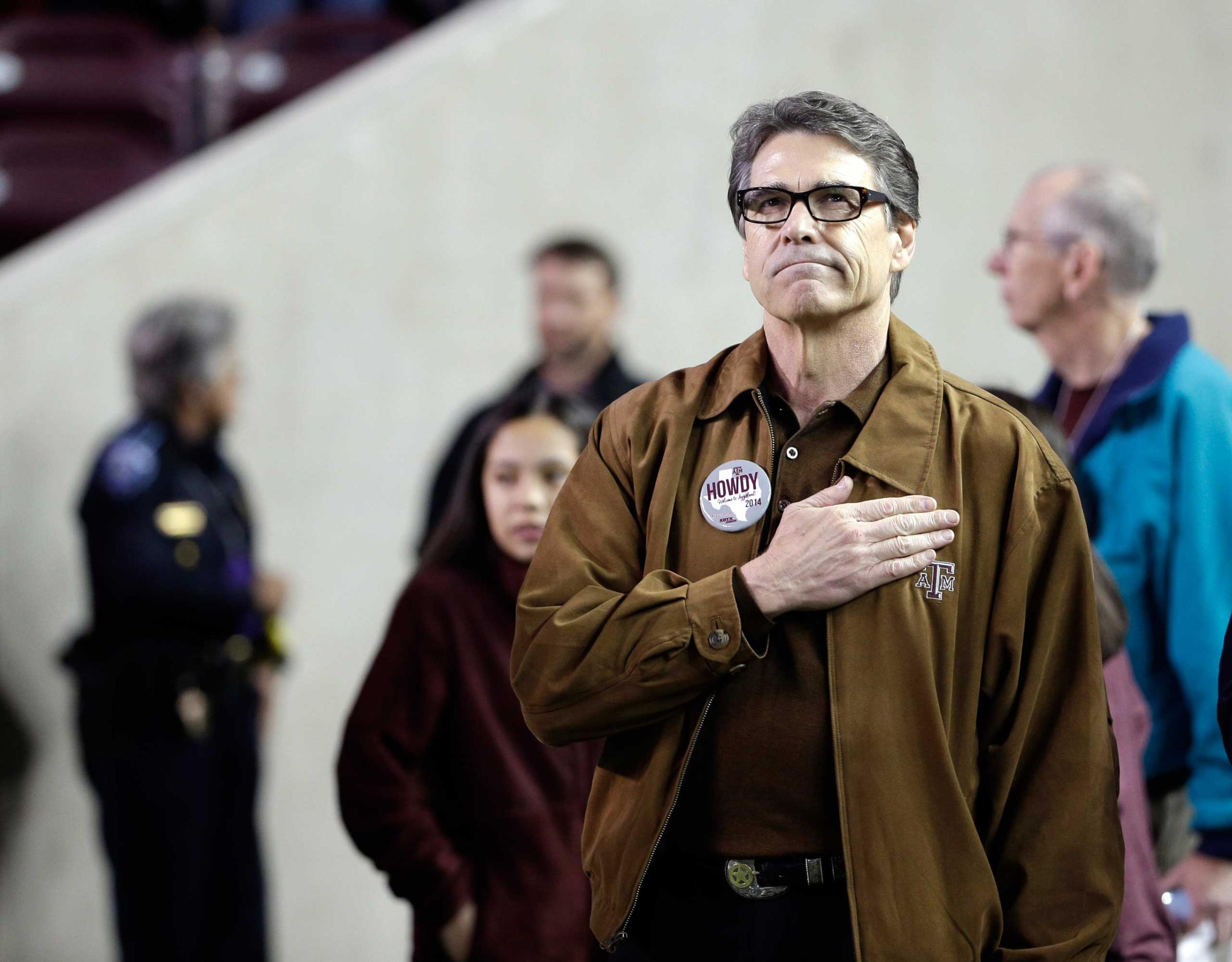
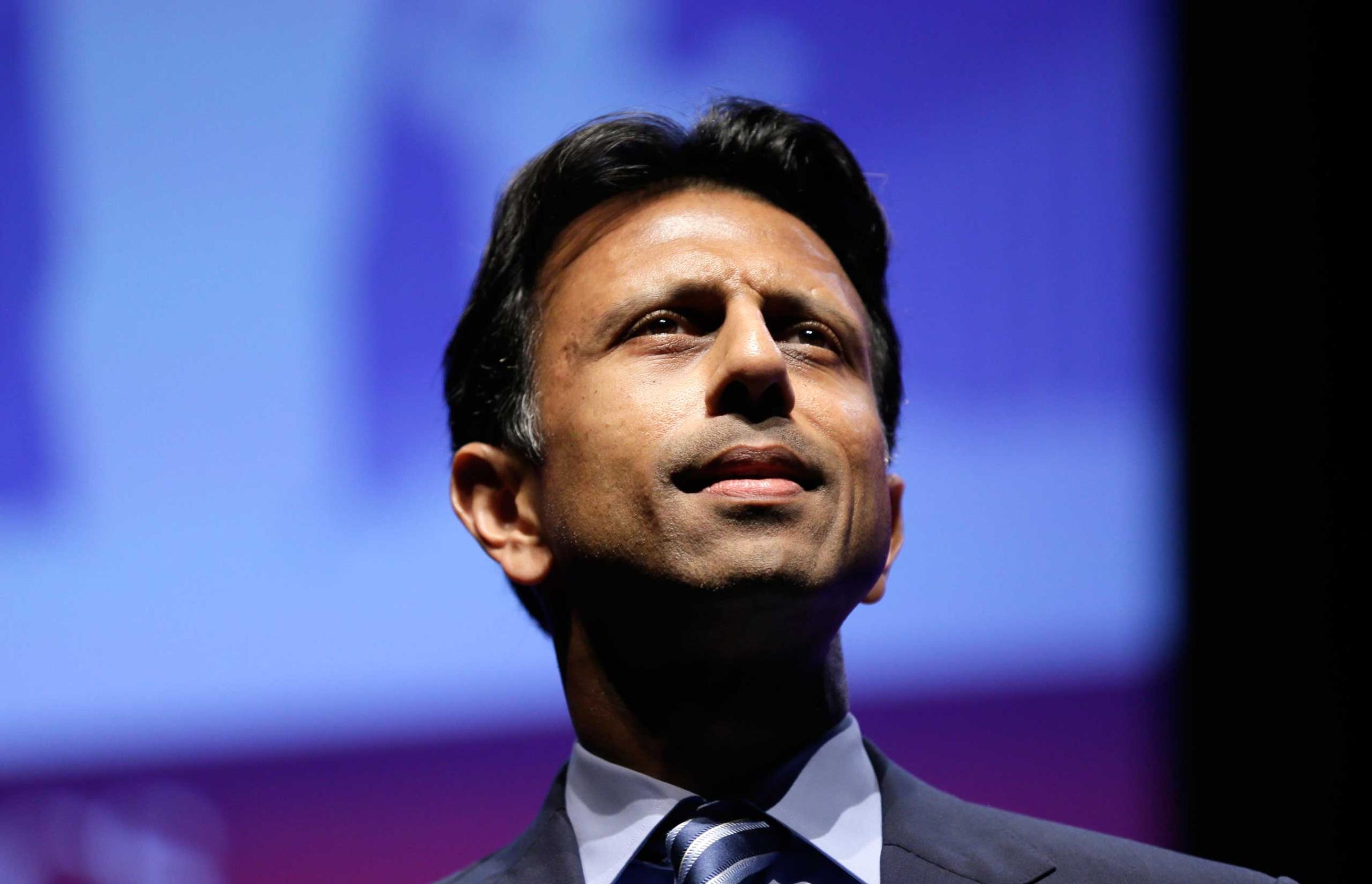
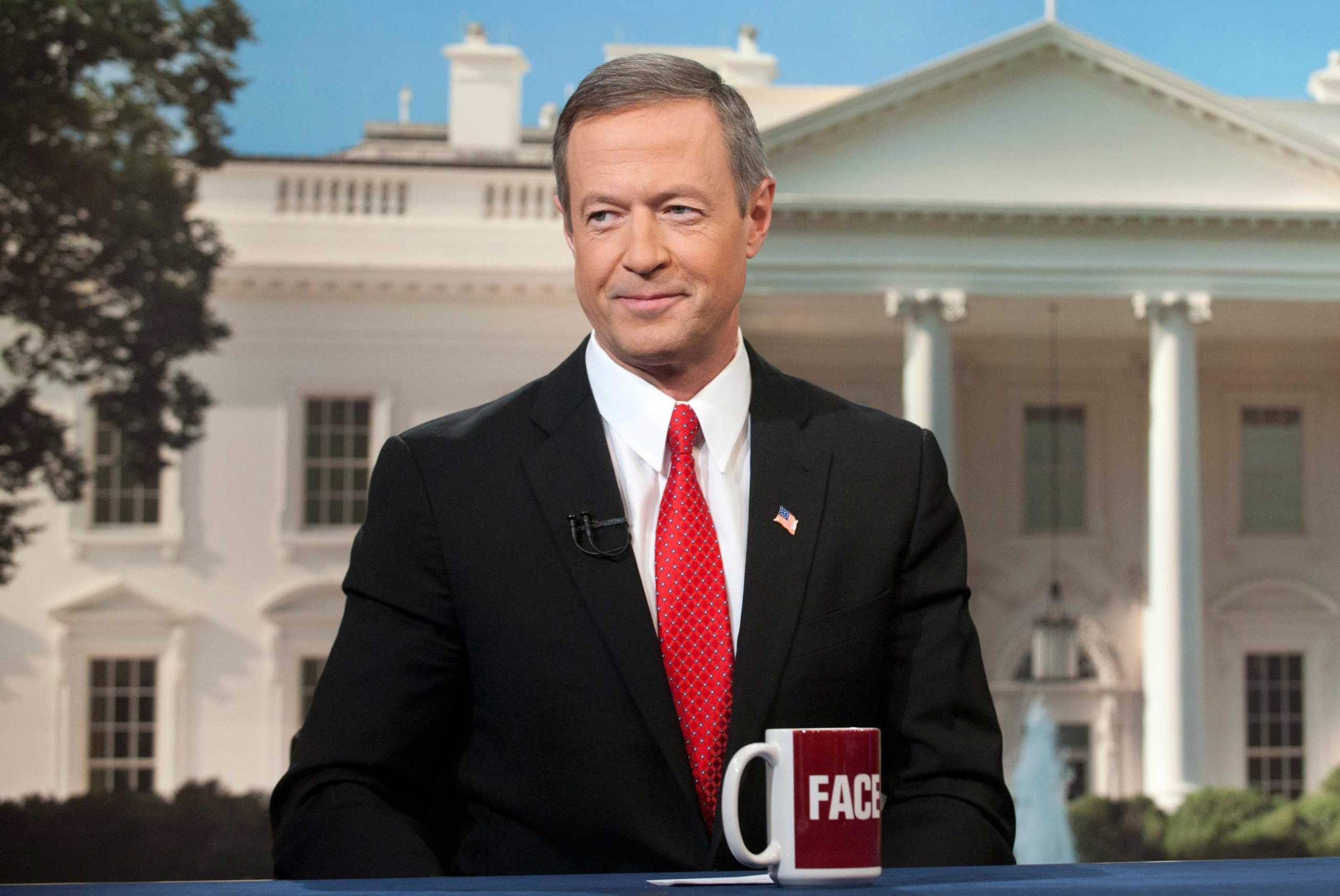
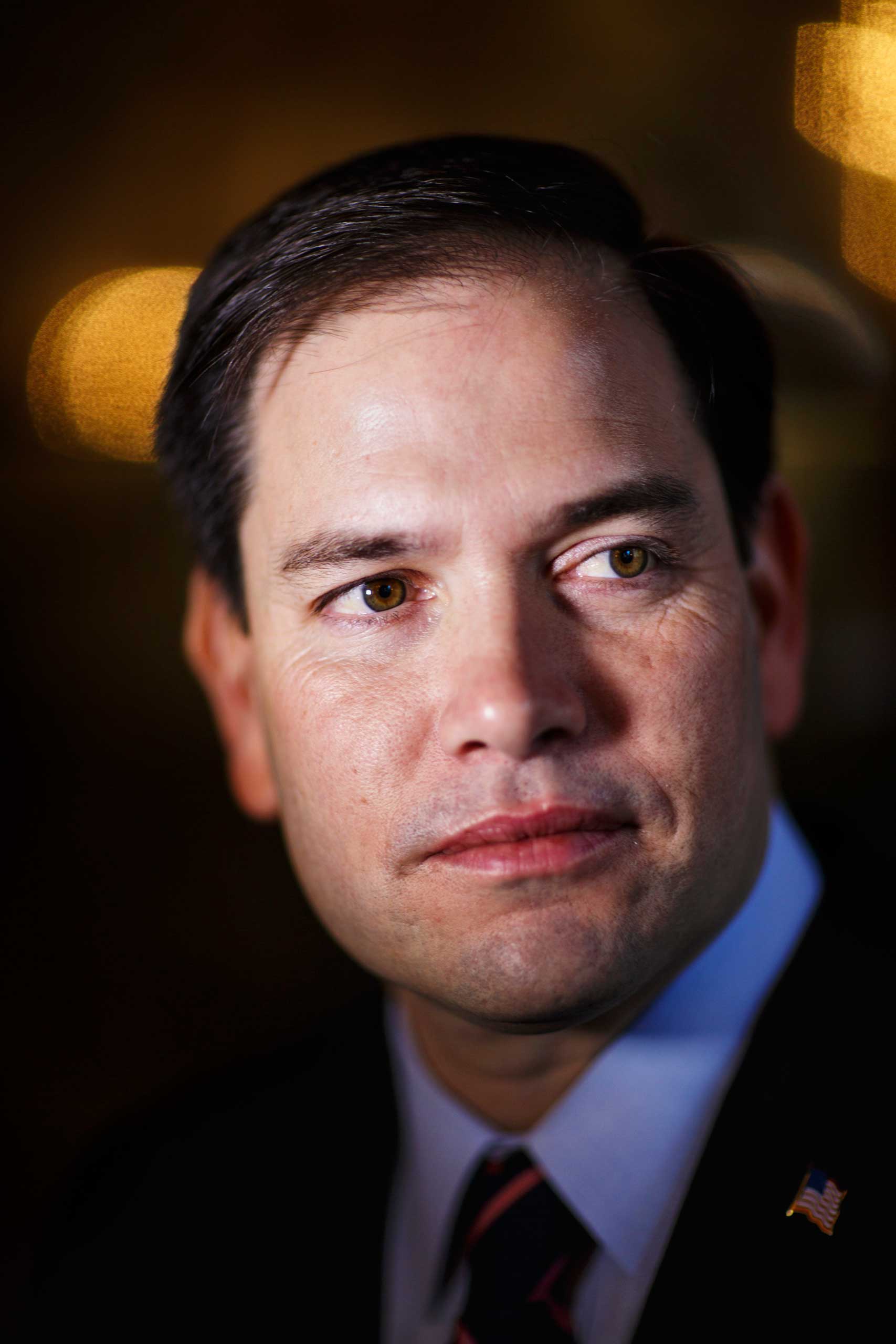
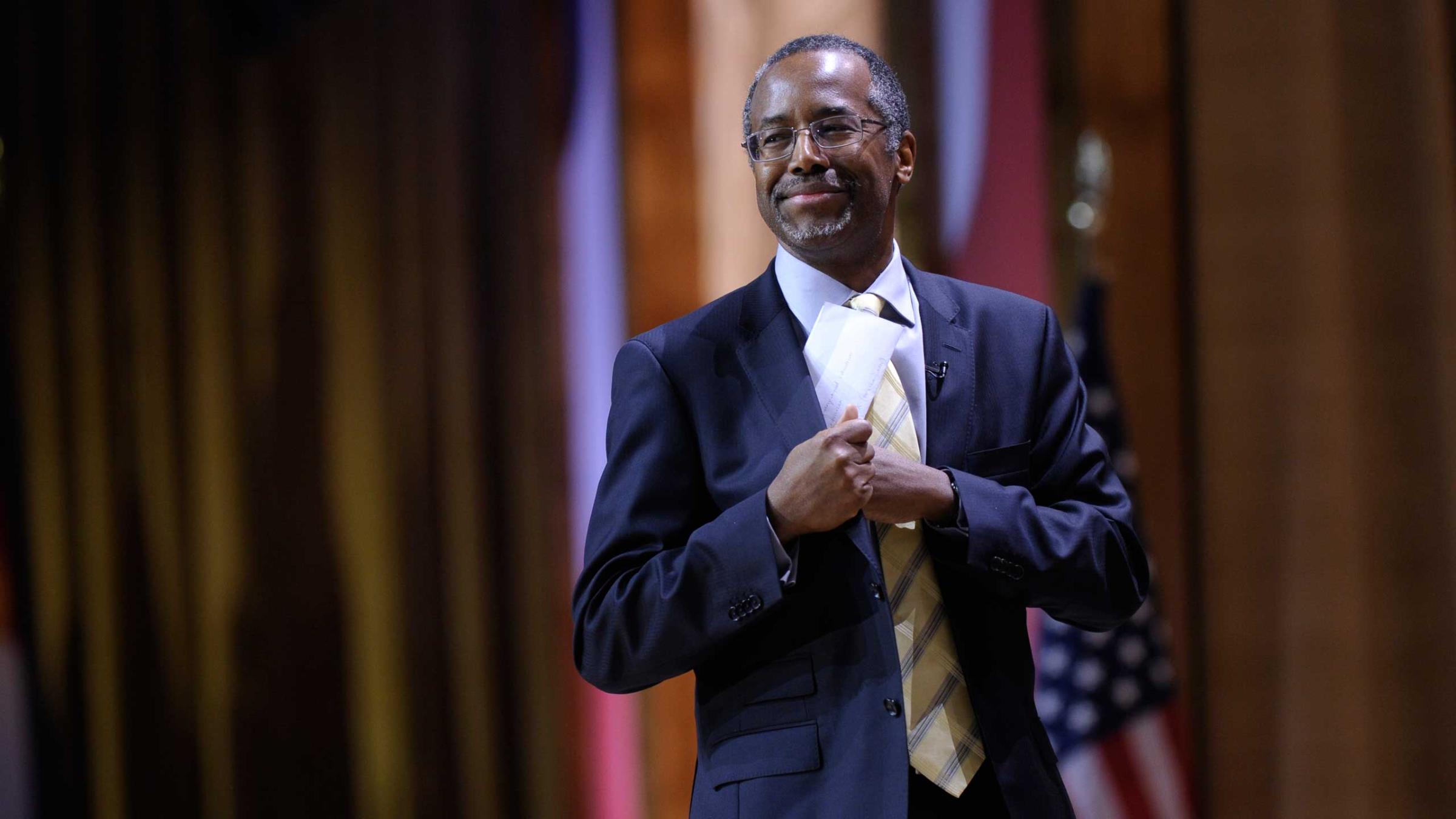
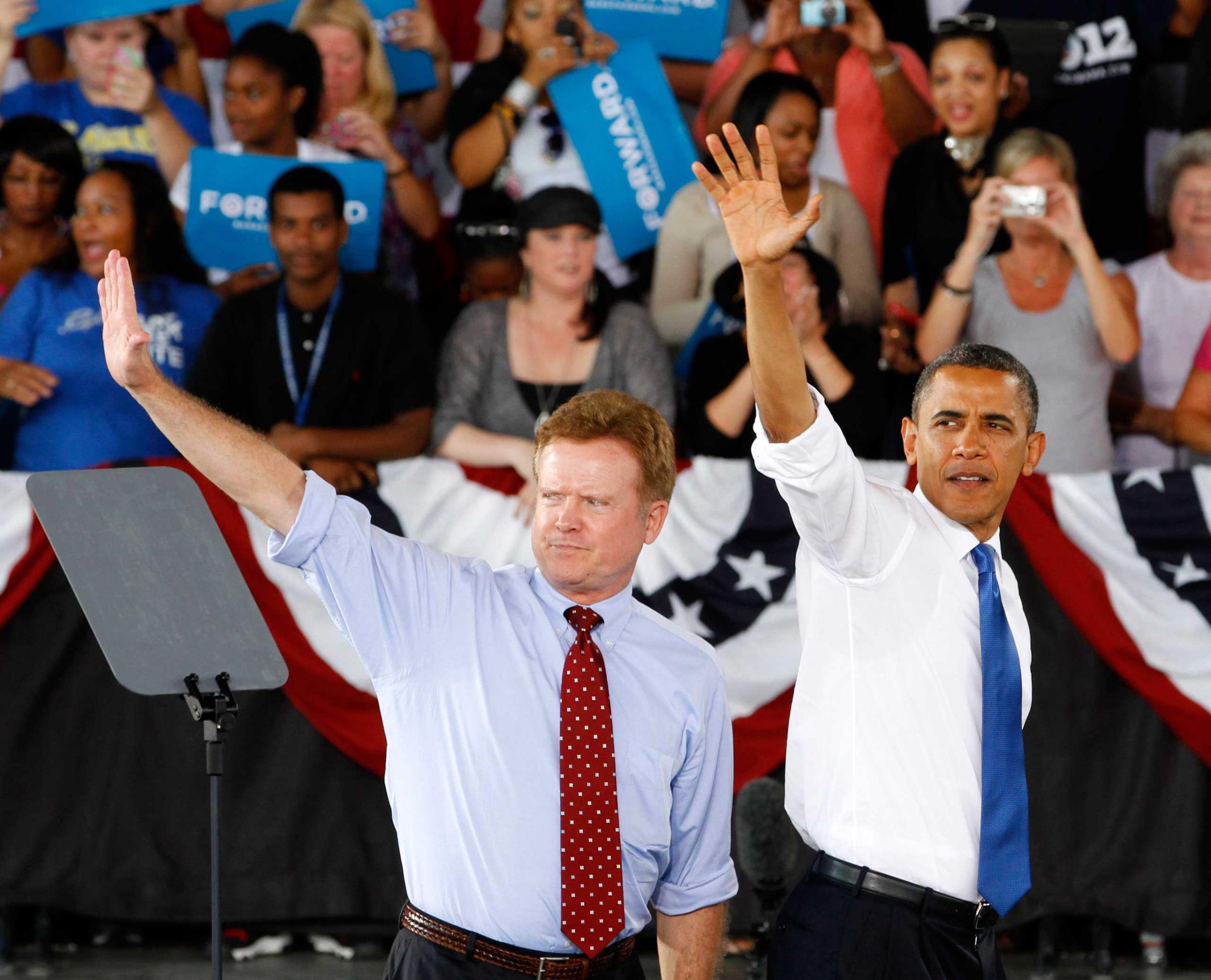
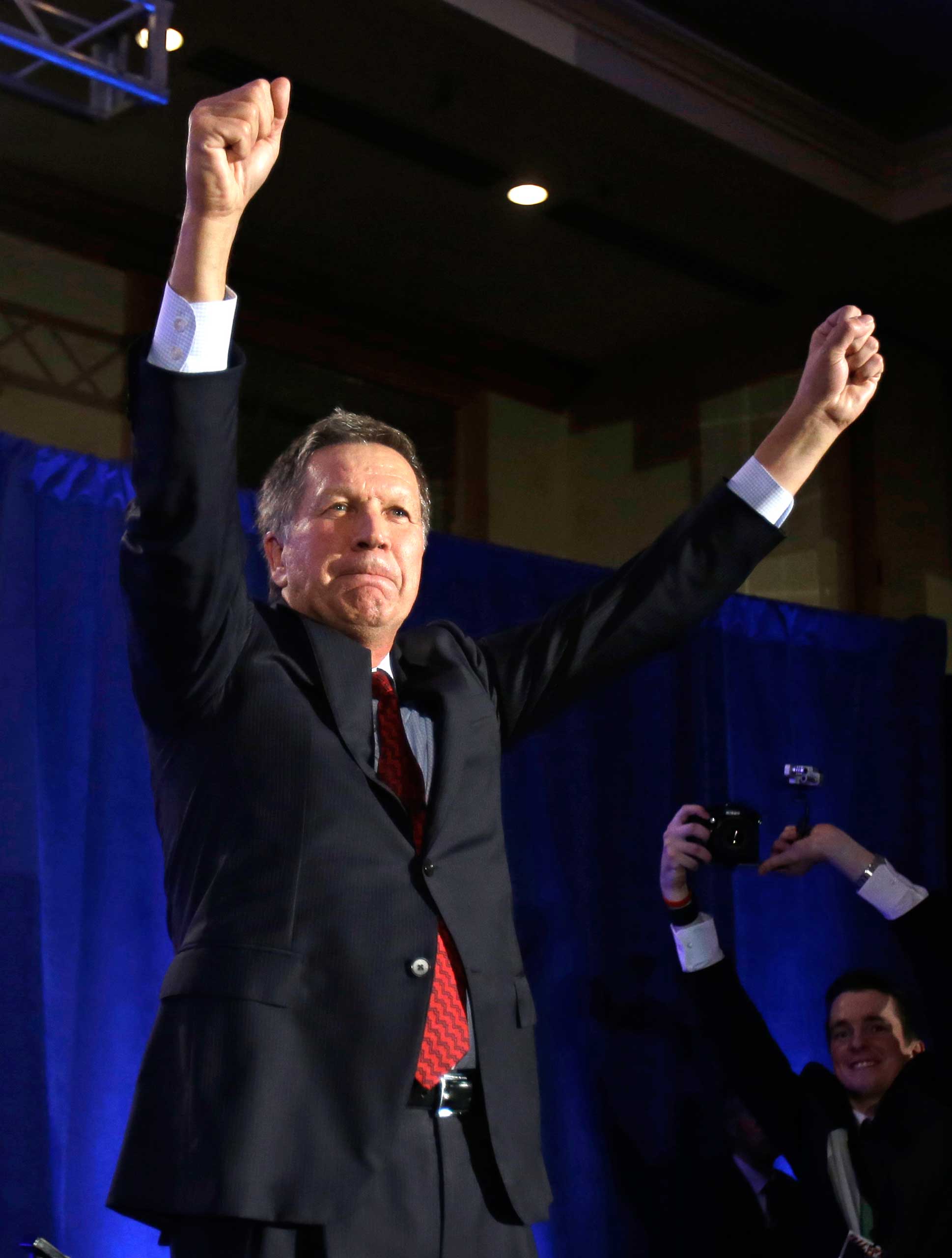
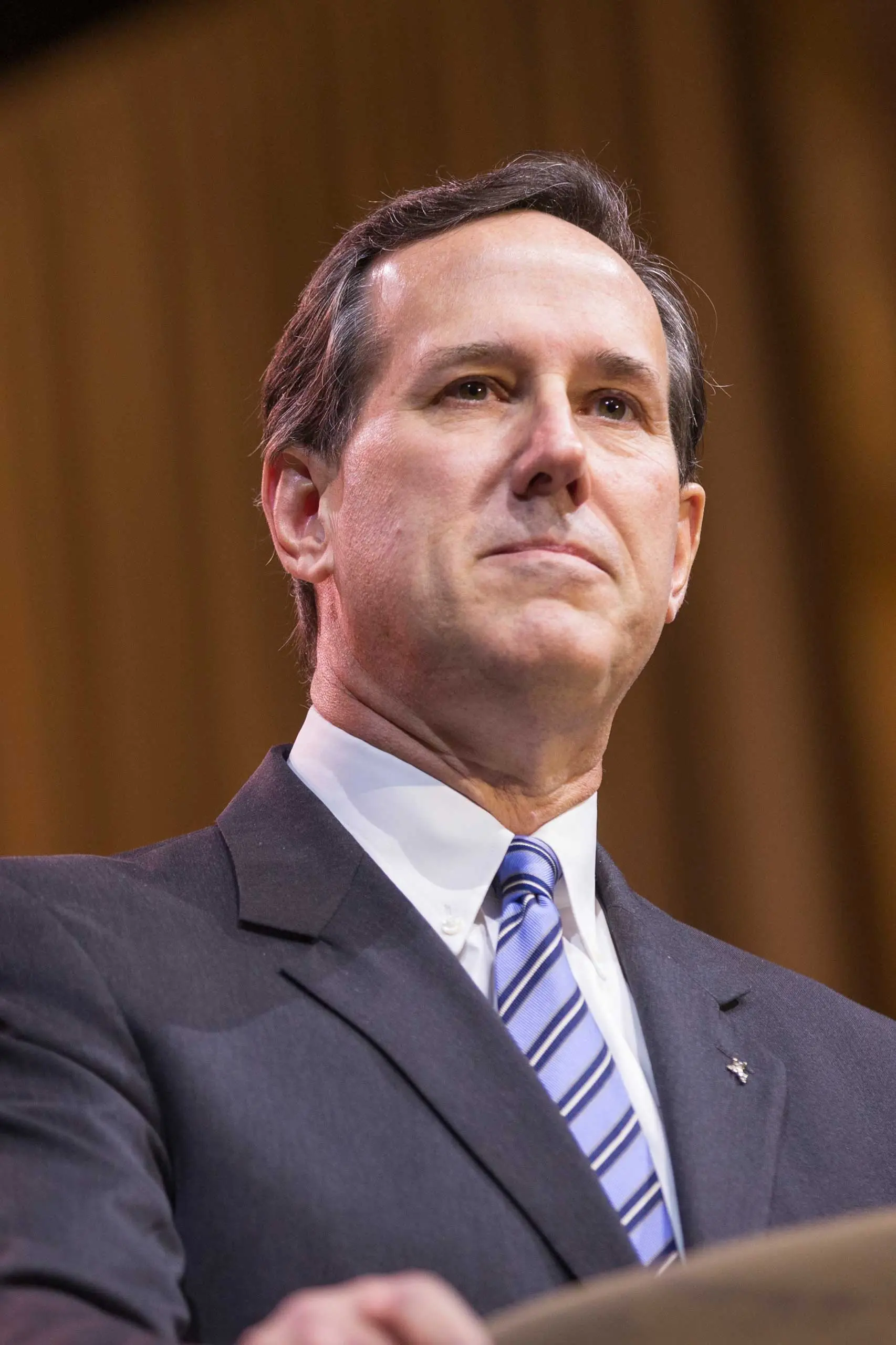
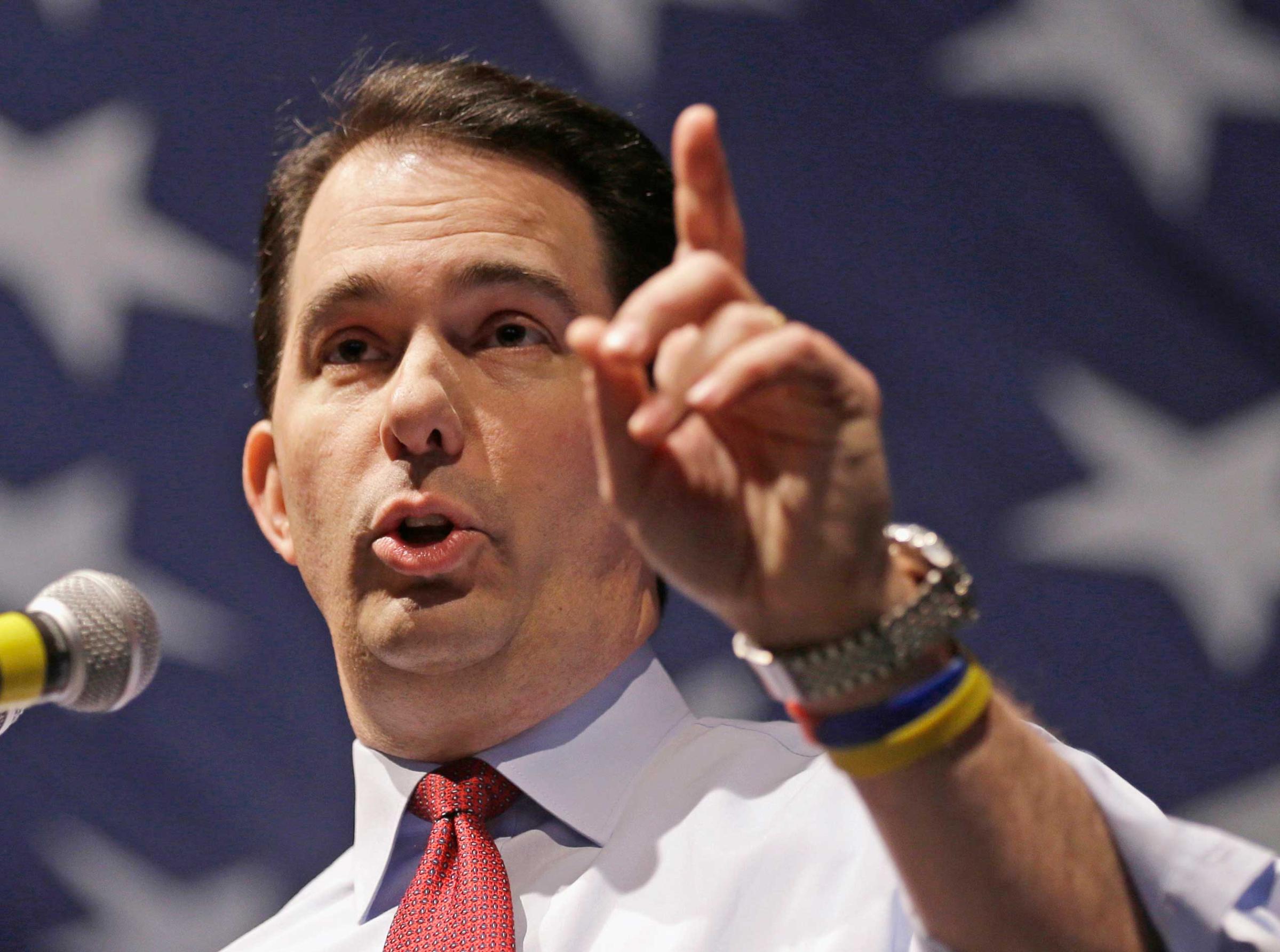

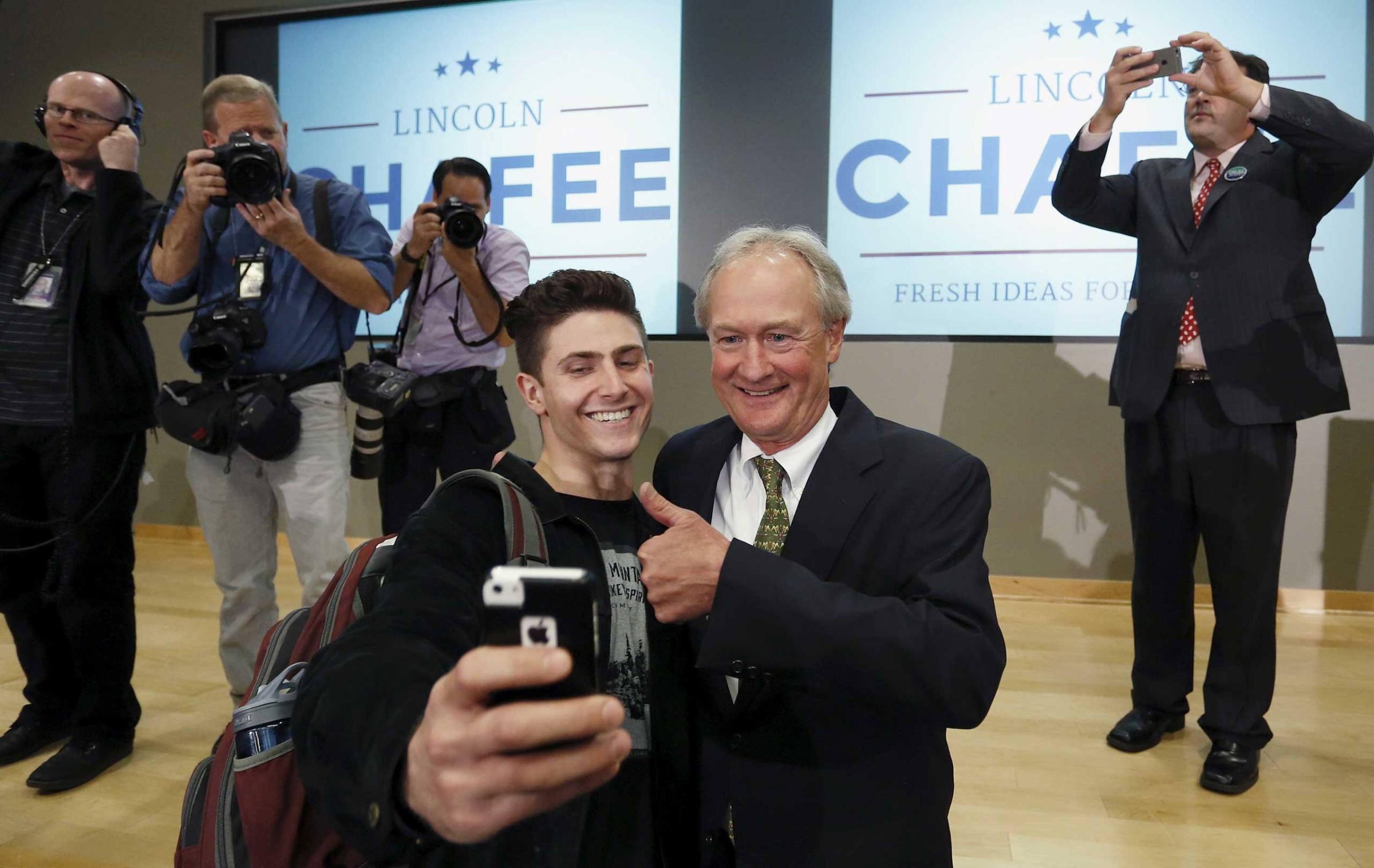
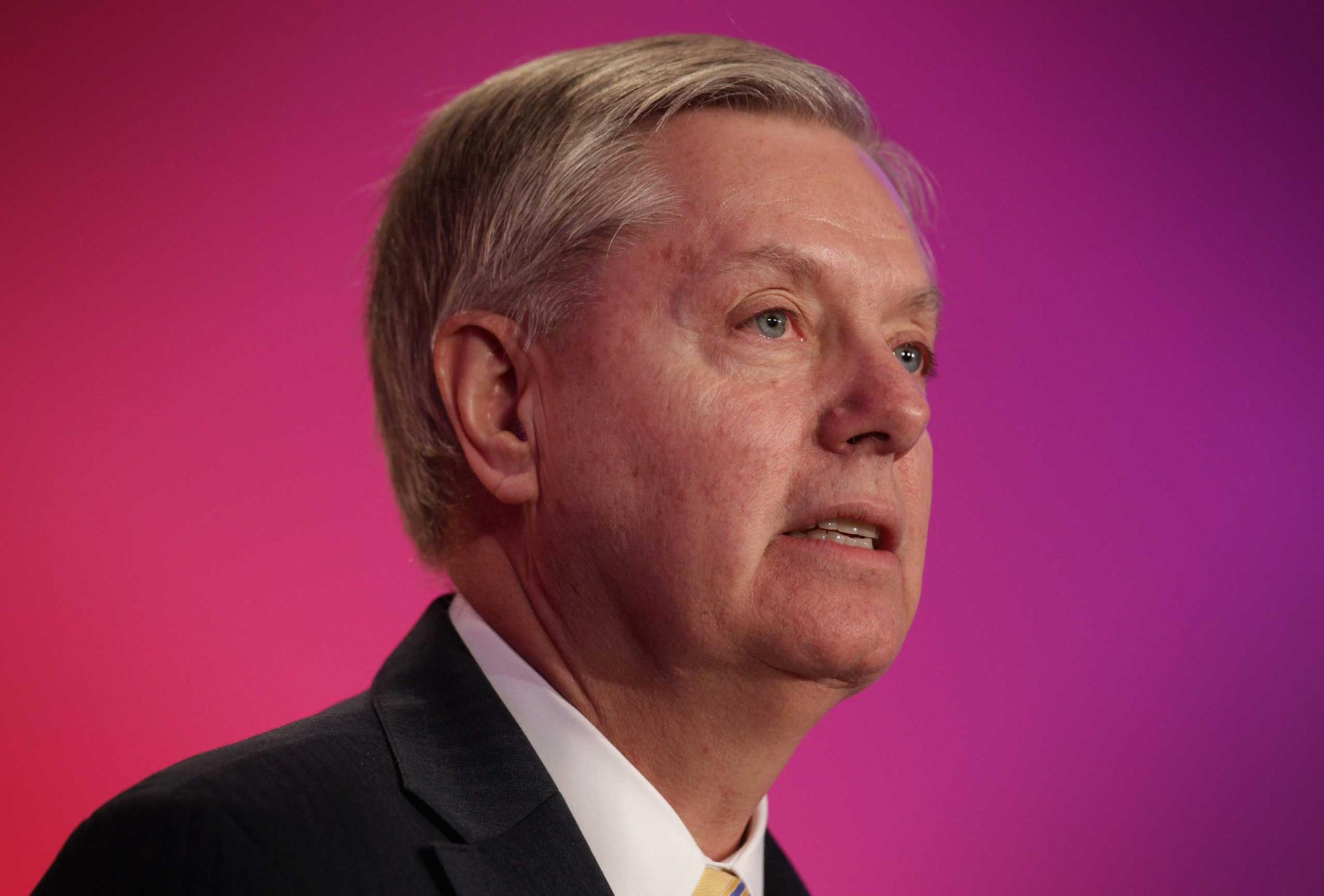
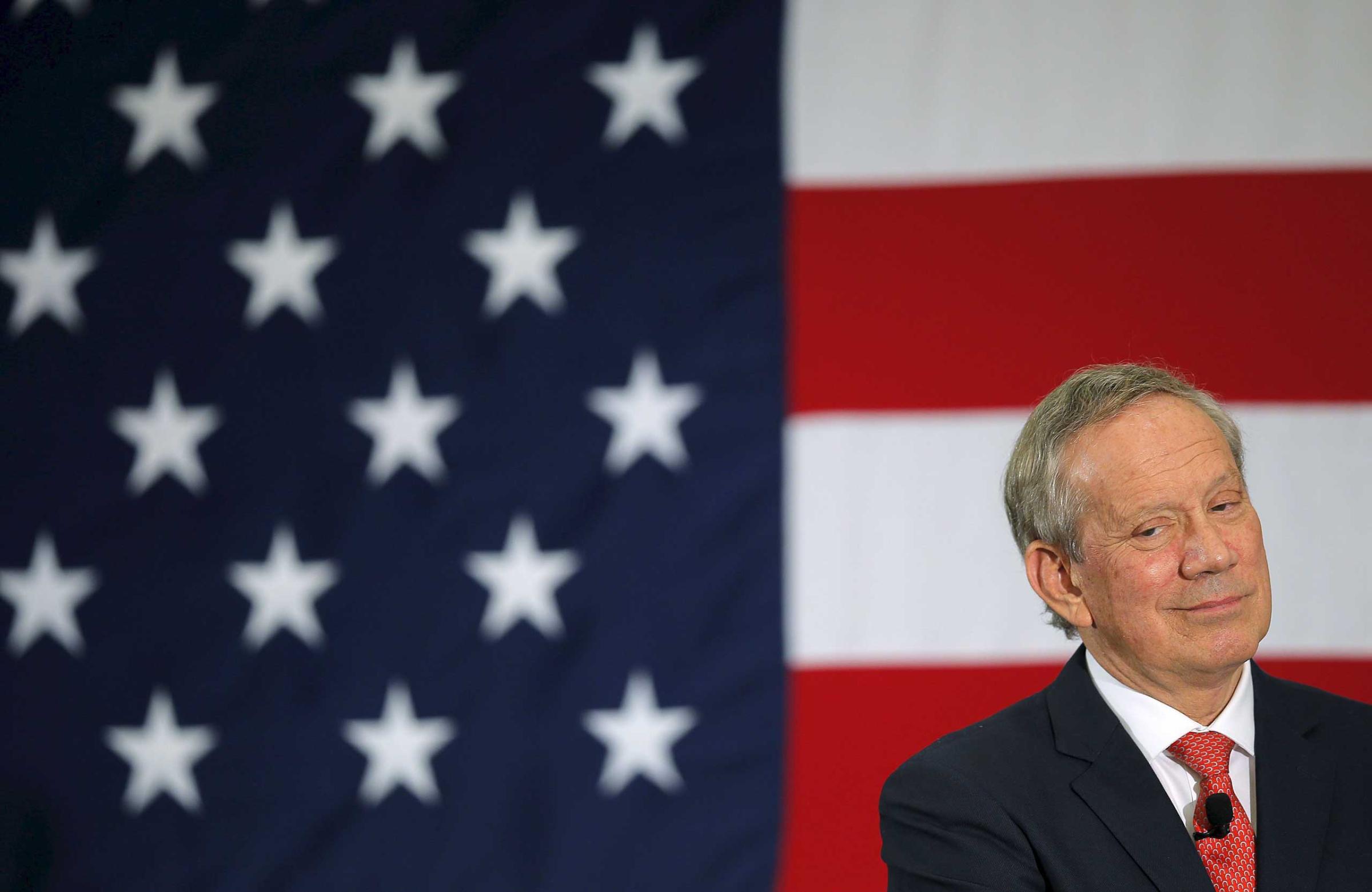
More Must-Reads from TIME
- Why Trump’s Message Worked on Latino Men
- What Trump’s Win Could Mean for Housing
- The 100 Must-Read Books of 2024
- Sleep Doctors Share the 1 Tip That’s Changed Their Lives
- Column: Let’s Bring Back Romance
- What It’s Like to Have Long COVID As a Kid
- FX’s Say Nothing Is the Must-Watch Political Thriller of 2024
- Merle Bombardieri Is Helping People Make the Baby Decision
Write to Alex Altman at alex_altman@timemagazine.com